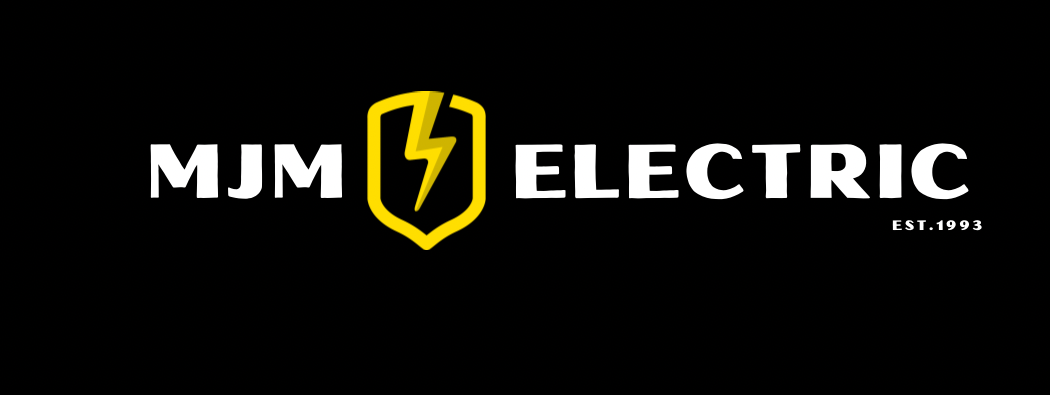New Circuits
DEDICATED ELECTRICAL CIRCUITS
Required by the National Electrical Code for certain-use appliances and many fixed appliances, a dedicated electrical circuit is one that serves a single appliance or electrical fixture.
It’s important to note that no other appliances, fixtures, lights, or outlets can be served by these dedicated circuits. Most commonly these are required for appliances that have motors, to ensure there is enough power for the startup load and to run at peak performance.
Dedicated Circuits Prevent Overload
When more than one appliance is served by a single circuit, there is a potential for these appliances to draw more power than the circuit is designed to handle. The result of a circuit overload is a tripped circuit breaker or fuse.
The National Electrical Code requires that any appliance or device dedicated as critical-use be served by its own dedicated circuit to eliminate the chance of another appliance or device tripping the breaker and shutting down that critical fixture. These critical appliances include things like furnaces, water heaters, sump pumps, even refrigerators. If one of these breakers trips and you don't know it, you could end up with a flooded basement, a freezing house, no hot water, or a refrigerator full of rotten food.
What Appliances Require A Dedicated Circuit
Here's a list of the typical appliances that require dedicated circuits. In addition to these, your local building authority may specify additional appliances or equipment that need a dedicated circuit
- Refrigerator
- Freezer
- Electric range (also cooktop, oven)
- Electric water heater
- Furnace (also heat pump)
- Washer (technically a designated circuit)
- Dryer
- Microwave
- Dishwasher
- Garbage disposal
- Sump pump
- Air conditioner (room and whole-house)
- Bathroom heater (including vent-fan heater units)
- Laundry room receptacles (outlets)
Contact Our Team Today!
If you’re looking to update your kitchen or home’s electrical usage, contact the team at MJM Electrical Construction. Let us make sure that your home’s electrical service panel has been labeled indicating all dedicated circuits and that no one circuit is doubled up with 2 appliances.
Contact our team today
for more information.




